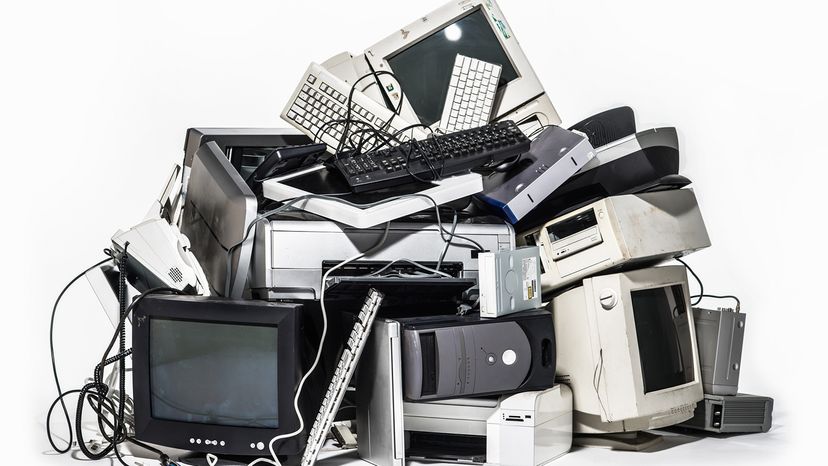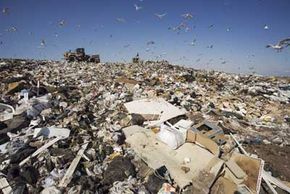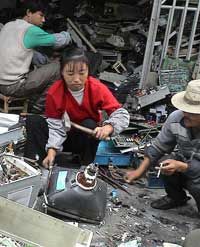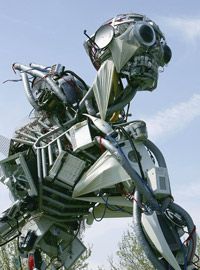Recycling old computers can be effective when people follow proper channels. As recycling trends grow, the market responds. Manufacturers are increasingly taking back old electronics from customers for recycling or refurbishing.
Some companies voluntarily improve their products to contain fewer toxins, while others simply comply with government regulations. For example, Apple has committed to using recycled materials and reducing hazardous substances in their products.
Meanwhile, legitimate e-waste recycling centers with on-site facilities, such as those operated by ERI (Electronic Recyclers International) and Sims Recycling Solutions, have emerged in various cities, ensuring proper and safe recycling practices.
However, many so-called recycling operations are merely collection points. Collected devices and parts are often sold to scrap brokers, who ship this cargo to developing nations for deconstruction.
Exploitation in Developing Nations
Why transport e-waste instead of recycling it locally? It all comes down to money: The cost of shipping e-waste is offset by the cheap labor available at its destination.
Recycling electronics in nations like China, India, Pakistan, Ghana, Nigeria and Côte d'Ivoire (Ivory Coast) costs a fraction of what it would in other places. Occupational and environmental laws are typically weaker in these regions, contributing to lower costs.
Once e-waste arrives in these regions, laborers earn incomes by recycling the discarded electronics for their core components. The process is hazardous. In some communities, people of all ages dismantle e-waste daily, exposing themselves to toxic materials. Laborers often smash and unhinge devices, spraying toxic shrapnel on the ground where people walk barefoot.
Fire is commonly used to burn away flame-retardant materials from copper wiring, releasing harmful soot and smoke. It also melts metal off circuit boards, allowing workers to harvest gold, lead, copper and other valuable materials from the burned plastic remnants.
In 2019, approximately 59.1 million tons (53.6 million metric tonnes) of e-waste were generated globally, but only about 17.4 percent was formally collected and recycled. This highlights the need for more effective and transparent recycling processes to manage e-waste responsibly.
Acid Baths
Another concerning disposal method is an acid bath. Soaking the circuit boards in powerful solutions of nitric and hydrochloric acids (highly corrosive to human tissue in strong concentrations) can free the metals from their etched electronic pathways. This process is often done by hand. After that, the recovered resources are sold and re-enter the manufacturing cycle.
The acid, hazardous waste and worthless byproducts are often burned or find their way into local water sources, often by outright dumping. Tests performed on the air and soil that surrounds large recycling operations show a high level of pollution.
Researchers are studying how this e-waste recycling affects the local populations. Preliminary reports are expected to show negative results.
Now you have a better idea of the sad journey your computer may have taken after it left the warmth and security of your home office. Let's look at how you can properly dispose of your next outdated device.
This article was updated in conjunction with AI technology, then fact-checked and edited by a HowStuffWorks editor.



